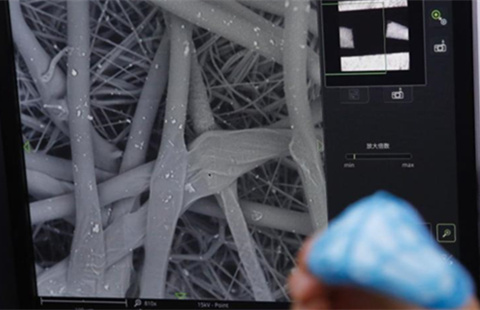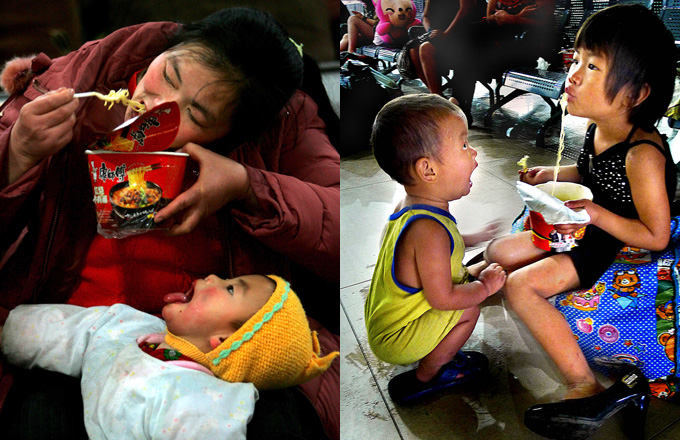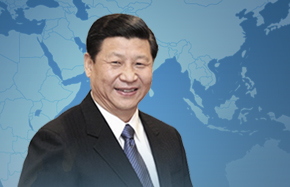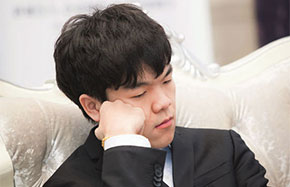Review and prospects of China's diplomacy
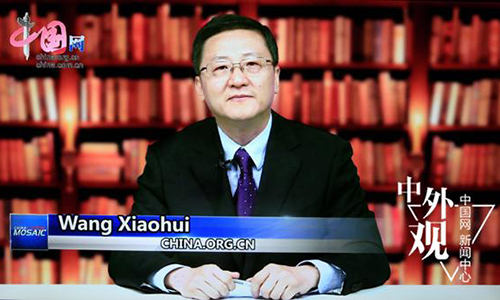 |
| Wang Xiaohui, editor-in-chief of China.org.cn |
The year 2016 was eventful both to China and other countries. In addition to growing regional conflicts and incessant terrorist attacks, the presidential election of the United States, the exit of Great Britain from the EU, disputes over South Chinese Sea islands between China and the Philippines and the deployment of US Terminal High-Altitude Area Defense (THAAD) system in South Korea have all added to the uncertainty of international politics and world order and posed great challenges to China's diplomatic work. As Chinese foreign minister Wang Yi put it, the year 2016 could be summed up with two words - "changes" and "chaos."
Review
I. Chinese-US ties remained stable but eventful.
Ties between China and the United States remained stable in 2016 despite various incidents. After President Obama's visit to Beijing and the G20 Hangzhou Summit, the two countries have strengthened strategic communication, built mutual trust and dispersed doubts, thus ensuring a sound development of ties. But strategic doubts still remain, especially where geopolitics, territorial sovereignty and economic interests are concerned. The South China Sea disputes between China and the Philippines, in which Washington had played a behind-the-scenes role, and the deployment of the US THAAD system in South Korea are just two cases in point.
Since Donald Trump was elected to be the next President of the United States, Chinese-US relations have shown worrisome signs. On Dec. 2, Trump talked with Taiwanese leader Tsai Ing-wen on the phone. Despite explanations by the President-elect himself and the White House's spokesperson afterwards, the call cast a shadow over bilateral ties, as such a thing hadn't happened in the 37 years since the two countries established diplomatic ties. Moreover, Trump's cabinet picks and their attitudes toward China also indicated that the development of bilateral relations will face great pressure from the White House in the future.
II. Frequent "black swan" events affected the world.
A lot of events happened in 2016 that were unexpected and had a major impact on the world. They made the world even more uncertain and are highly likely to change the progress of international politics.
Trump's surprise win in the US presidential election, the shock of Brexit and the following resignation of British Prime Minister David Cameron, the final resignation of scandal-embattled South Korean president Park Geun-hye, the resignations of the prime ministers of New Zealand and Italy on the same day and the assassination of Russian ambassador in Turkey are just a few of the major "black swan" events from last year.
What will happen to the United States after its businessman-cum-president assumes office with his team of billionaires? Will there be another round of trade wars with China? Besides the jitters in the financial market, what impact will Brexit and Italy's referendum leave on an already struggling E.U.? The changes of state leaders in the United States, Brazil, Britain, South Korea, Italy, Thailand, New Zealand and many other countries will surely affect world politics.
III. Philippines' U-turn towards China after the South China Sea arbitration case.
The arbitration of the South China Sea disputes, which was initiated unilaterally by former Filipino president Benigno S. Aquino III, the United States, Japan and a handful of other third-party countries, had a deep impression on the Chinese people last year, as it started on the first day of the Chinese lunar new year and ended in July with an illegal and void ruling.
During the process, China showed strong political power and responded skillfully.
When Rodrigo Duterte assumed office as the new Filipino president on June 30, the realistic man didn't inherent the negative political baggage left behind by his predecessor, but made the wise choice to choose China as the first country to visit outside the ASEAN region, thus mending ties with China.
The gradual return to stability in the South China Sea and the restoration of Chinese-Filipino relations will lay a foundation for solving the South China Sea issue through talks and joint development. It's also vitally important to promoting a peaceful environment for China's development. This event will go down in history.
IV. The Belt and Road Initiative made steady progress; diplomatic activities with neighboring countries achieved positive results.
Last year saw the steady and comprehensive progress of the Belt and Road Initiative proposed by Chinese President Xi Jinping. With the establishment of the Asian Infrastructure Investment Bank (AIIB), the Silk Road Fund and various economic cooperative programs, the initiative has gradually come into being.
At the G20 Hangzhou Summit in September last year, China provided the world with a new model of global governance, and the Belt and Road Initiative provided a promotional platform for the model. The five overseas trips to 14 countries President Xi made last year were a boon to the development of the initiative.
Moreover, much progress has been made in China's diplomatic activities with neighboring countries. The G20 Hangzhou Summit offered a platform for China to participate in global governance and enhance its ties with neighbors. President Xi's visit to Cambodia, Myanmar leader Aung San Suu Kyi's choice of China as the first country to visit outside the ASEAN region and Sri Lanka's resumption of the Colombo Port City project are just a few of the results China achieved last year.
China consistently pursues a foreign policy of building friendship and partnership with its neighbors. It also keeps a consistent and clear position when major issues like regional security, national interests and territorial sovereignty are concerned. Therefore, China has insisted on the promotion of the denuclearization of the Korean Peninsula, on opposition to the deployment of the US THAAD system in South Korea, on the dismissal of the illegal claims on the South China Sea islands by the Philippines and on a firm reaction to all of Japan's trouble-making activities. All the achievements China has made in the diplomatic field should be attributed to its regional policy of amity, sincerity, mutual benefit and inclusiveness, its firm stance on important issues and its skillful approaches in diplomatic activities.
V. China upheld free trade while anti-globalization gained increasing popularity.
Anti-globalization is nothing new, but a concomitant of globalization. It stems from the economic recession that followed in the wake of the global financial crisis. In recent years, the United States and Japan have witnessed sluggish growth, Europe has been stuck in recession, and the refugee crisis remains unresolved in the Middle East - all these issues have given rise to trade protectionism and a trend of anti-globalization.
In late 2016, Japan announced it would not recognize China's market economy status, the European Union said it would continue with the alternative country approach in trade and American President-elect Donald Trump threatened to impose 45 percent tariff on Chinese goods. This was one of the most severe anti-globalization moves in 2016.
Since the 1980s, China has been committed to reform and opening-up, integrating itself into the international community and engaging in global governance. It has changed its role from a major beneficiary to an unwavering promoter of globalization. During the G20 Hangzhou Summit in September 2016, China contributed its plans for building an innovative, invigorated, interconnected and inclusive world economy, which was one of the greatest contributions made to globalization. Of course, the contribution cannot come without the country's own economic development. In Deng Xiaoping's words, development is key.





